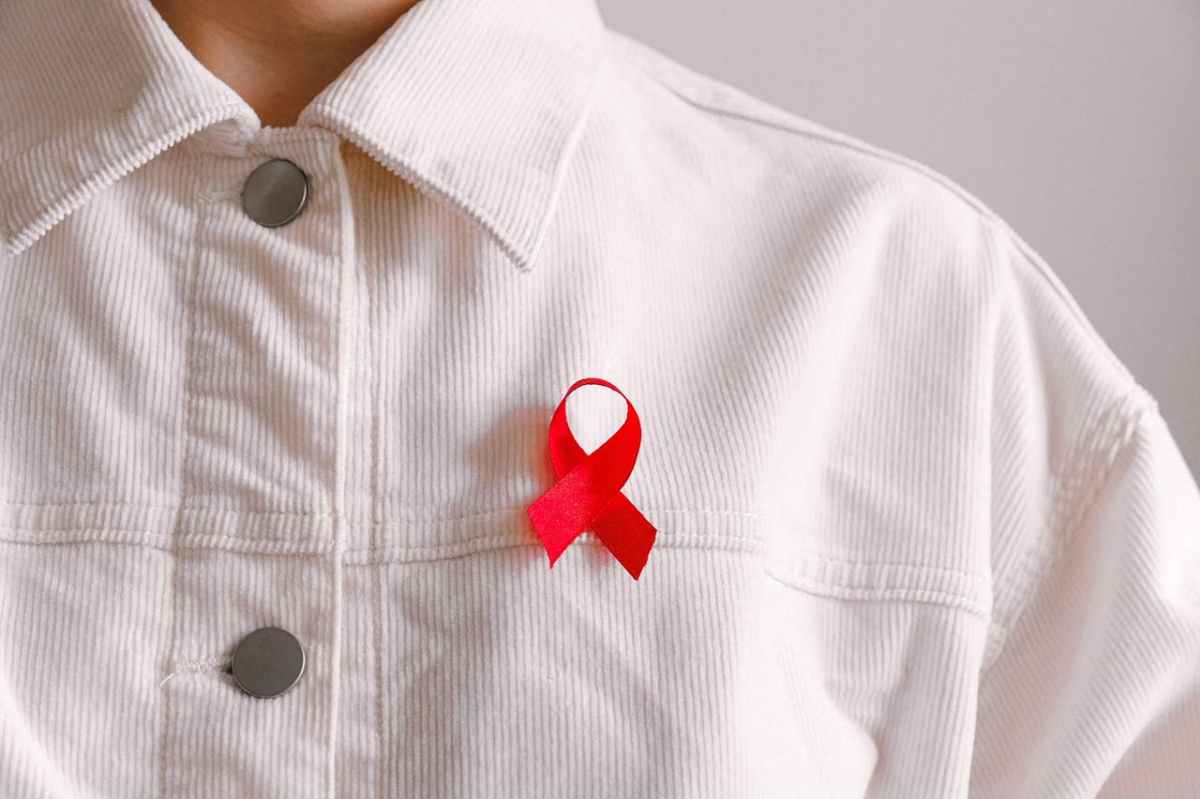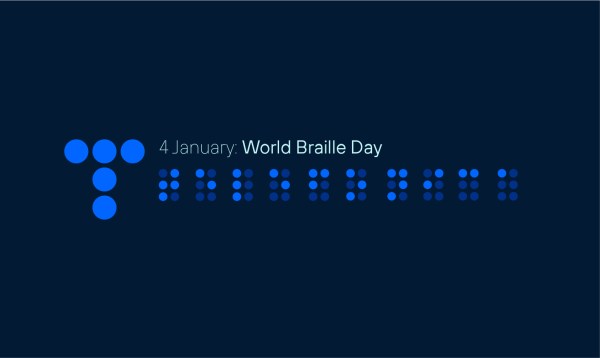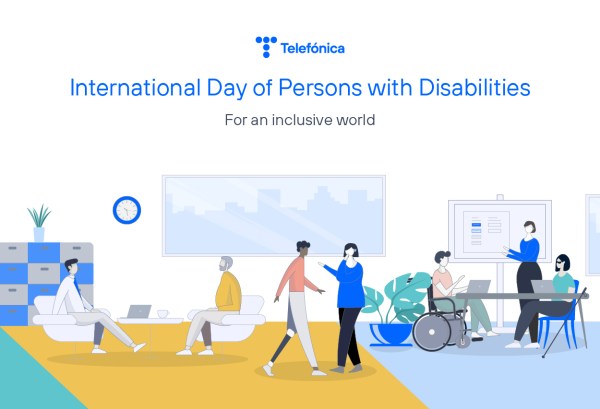- World AIDS Day has been celebrated every 1 December since 1988.
- This day has several objectives: to raise awareness about the disease, to remember those who have died from it, and to celebrate advances in areas such as prevention and treatment.
- In 2021, Telefónica joined the ‘Responsible Companies with HIV’ initiative.
Origin of World AIDS Day
For almost four decades, World AIDS Day has served to remind us of this disease. Let’s learn a little more about the origin of this day.
Since when has World AIDS Day been celebrated?
Since 1988, World AIDS Day has been commemorated every 1 December, after it was proclaimed as such by the WHO on 27 October of that same year.
Why is it commemorated?
As stated by the UN on its website, this day seeks to raise awareness about the disease, remember those who have died, and celebrate advances such as access to prevention and treatment services.
The supranational organisation itself, founded on 24 October 1945, which is why United Nations Day is celebrated on that date, reminds us that this condition ‘remains as important today as when it began, and continues to remind society and governments that HIV has not disappeared’.
It also points out that ‘it is essential that society as a whole becomes aware of how HIV affects people’s lives, so that we can put an end to stigma and discrimination and improve the quality of life of people living with HIV’.
Why is it celebrated on 1 December?
This day is commemorated on the first day of the last month of the year because, as stated on the website of the Spanish Ministry of Health, it was on this day in 1981 that the first case of the disease was diagnosed.
AIDS and human rights
The UN also emphasises that an effective response to HIV must be an ‘essential pillar’ in the defence of human rights, a question that also has its own commemorative day, specifically 10 December.
In fact, the United Nations also stresses that with human rights themselves as the central focus and communities at the forefront, ‘the world can end AIDS as a threat to public health by 2030’.
As explained in the section dedicated to World AIDS Day, ‘the substantial progress made in the response to HIV is directly related to advances in the protection of human rights’.
Similarly, it is recalled that ‘the achievements made through the response to HIV have driven broader advances in the realisation of the right to health and the strengthening of health systems’.
Telefónica, a responsible company with regard to HIV
In 2021, Telefónica joined ‘Responsible Companies with HIV’ in Spain, an initiative promoted by the association Trabajando en Positivo to promote the prevention of Human Immunodeficiency Virus and the employability of people affected by this virus or infection.
The company’s commitment to diversity and inclusion is reflected in its guarantee of equal opportunities and non-discriminatory treatment, which is also a key element in connecting talent and growing as a company.







